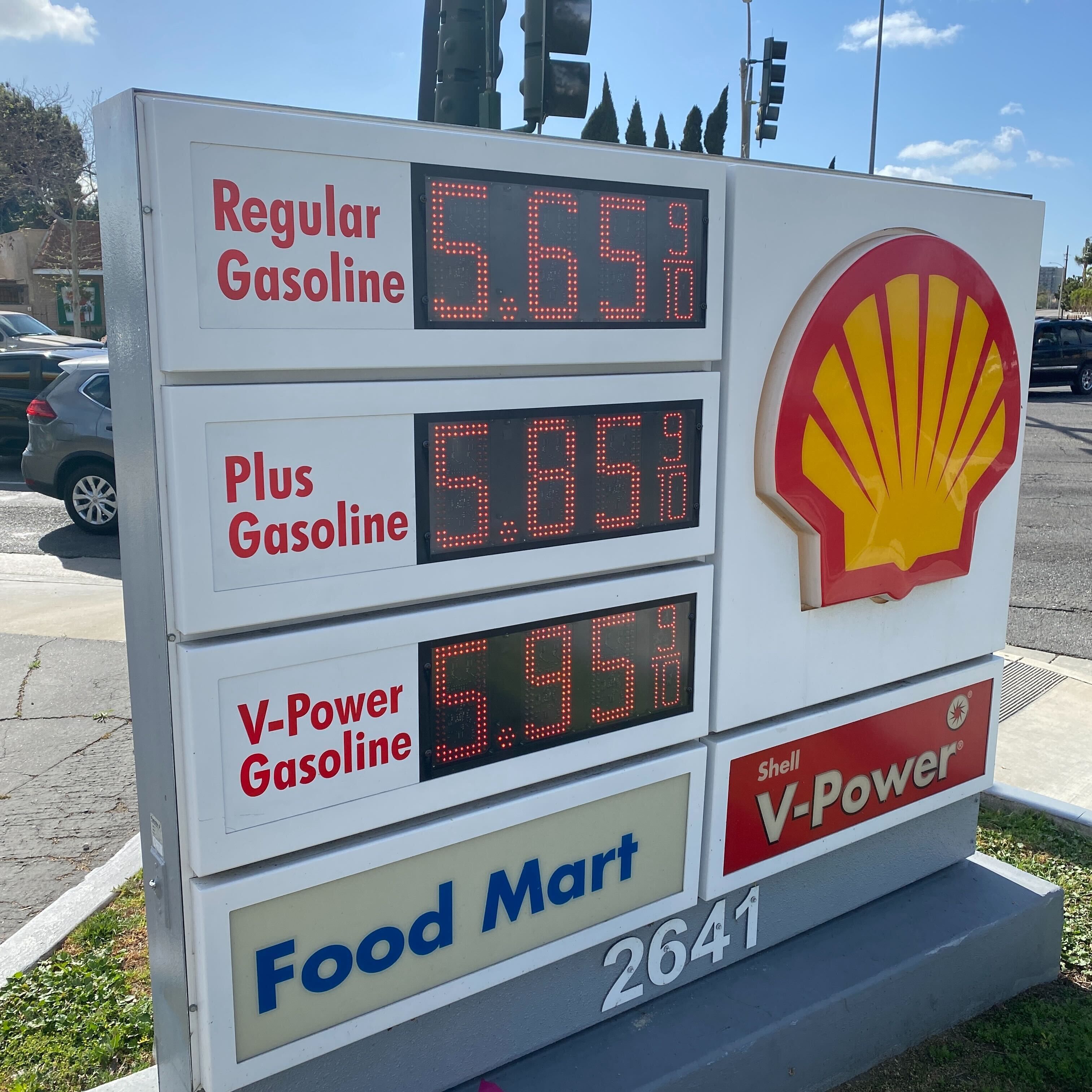Assessing the Variables Affecting Oil Cost and Its Effects on Fuel Oil
Comprehending the factors that influence oil rates and their subsequent impacts on gas oil is important for organizations and individuals alike. Additionally, it will check out just how changes in oil costs effect fuel oil expenses, which, in turn, have considerable effects for various industries such as power, transportation, and production production.
Supply and Need Dynamics
Supply and need dynamics play a crucial function in establishing the rate of oil and its influence on the fuel oil market. The worldwide oil market is influenced by different elements, consisting of geopolitical occasions, economic problems, and technical improvements. Recognizing the characteristics of supply and demand is essential for stakeholders in the gas oil industry to properly forecast oil prices and make notified service choices.

The supply of oil is established by the production capacities of oil-producing nations, including OPEC members, non-OPEC countries, and shale oil producers (fuel oil prices long island). Political instability in oil-producing regions, all-natural catastrophes, and problems can disrupt the supply of oil, resulting in price variations. On the other hand, technological developments and enhanced investments in expedition and production can improve supply and support prices
Need for oil is influenced by financial factors such as GDP growth, industrial task, and transportation needs. Emerging economic situations with rapidly boosting and expanding markets urbanization add to the rising demand for oil. Elements like power transition plans, innovations in sustainable power sources, and efficiency enhancements can impact oil demand adversely.
The interaction in between supply and need figures out the stability cost of oil. When supply exceeds demand, rates often tend to lower, and the other way around. Changes in oil rates have a plunging effect on the gas oil industry, affecting manufacturing expenses, earnings, and customer habits. Therefore, stakeholders in the fuel oil industry very closely monitor supply and need characteristics to prepare for rate activities and adjust their methods appropriately.
Geopolitical Impacts
Geopolitical elements considerably affect the worldwide oil market and consequently influence the cost of oil and its impacts on the fuel oil market. Any type of disruption in oil supply from the Middle East due to political instability or conflicts can cause a significant increase in oil rates. On the whole, understanding and analyzing geopolitical impacts is critical for forecasting oil rate activities and their impacts on the fuel oil industry.
Market Speculation
Market speculation plays a considerable role in shaping the characteristics of the oil rate and its effect on the fuel oil sector. Conjecture refers to the activity of purchasing and selling oil agreements with the expectation of making earnings from price variations.
Market conjecture can have both favorable and negative effects on the fuel oil sector. This can benefit gas oil manufacturers and consumers by supplying an extra clear and secure pricing system.
On the various other hand, excessive speculation can cause rate distortions and market manipulation. Speculative activities driven by herd attitude or illogical liveliness can trigger costs to differ their basic values. This can result in enhanced cost volatility, making it testing for gas oil sector individuals to intend and make informed decisions. Too much supposition can develop fabricated price bubbles, which, when they break, can have extreme consequences for the fuel oil industry and the more comprehensive economy.
Effect On Fuel Oil Rates
The impact of market conjecture on fuel oil prices can be significant. Market supposition describes the trading of gas oil agreements based on awaited rate motions, as opposed to on the real physical supply and demand of the commodity. Speculators, such as hedge funds and financial investment financial institutions, play a vital function in identifying gas oil costs as they join futures trading, which can influence the general market sentiment and rates.
When speculators believe that gas oil costs will certainly boost, they tend to acquire contracts, driving up the need and therefore the rate of fuel oil. On the various other hand, when speculators expect a decrease in rates, they offer contracts, bring about a reduction in need and consequently reduced fuel Read Full Report oil rates.
The impact of market supposition on fuel oil costs can be both positive and unfavorable. On one hand, it can give liquidity and assistance maintain the market by enabling manufacturers and customers to hedge against cost variations. On the other hand, extreme speculation can result in rate volatility and distortions, which can have adverse impacts on fuel oil rates and the overall economic situation.
It is very important for policymakers and market regulatory authorities to handle and keep an eye on market supposition to guarantee that it does not come to be extreme and undercut fuel oil prices. By carrying out reliable regulations and oversight, authorities can alleviate the possible adverse impacts of market speculation and preserve security in gas oil rates.
Results on Industries and Consumers
Industries and consumers are substantially influenced by the variations in fuel oil prices. When oil prices rise, markets that depend greatly on gas oil for their procedures, such as production, agriculture, and transportation, experience increased production costs. These additional expenses are often passed on to consumers in the kind of greater rates for solutions and products. For instance, rising fuel oil prices can cause raised transport expenses, bring about greater costs for products that need to be transferred fars away. Likewise, sectors that use gas oil as a resources, such as plastics and chemicals, may see their manufacturing expenses rise, which can additionally be handed down to consumers.
Furthermore, greater fuel oil costs can additionally impact customer behavior. As the expense of gas rises, customers might have to designate more of their budget plan in dig this the direction of transportation costs, leaving much less money for other acquisitions. This can lead to a reduction in optional investing and a slowdown in consumer-driven markets such as retail and friendliness.
On the other hand, when fuel oil costs decrease, industries may profit from reduced production costs, leading to possible savings that can be passed on to consumers. fuel oil prices long island. Lower fuel costs can additionally boost consumer spending, as individuals have a lot more non reusable revenue to allocate towards other goods and services
Final Thought
In verdict, the rate of oil is affected by numerous factors such as supply and demand dynamics, geopolitical influences, and market speculation. These elements have considerable impacts on fuel oil costs, which consequently effect different markets and customers. Comprehending these impacts is vital for organizations, policymakers, and customers to navigate the fluctuations in oil rates and minimize their results on the economic situation.

Market conjecture plays a substantial function in forming the dynamics of the oil price and its effect on the fuel oil sector. When oil rates climb, markets that rely heavily on fuel oil for their operations, such as agriculture, production, and transportation, experience raised manufacturing expenses.